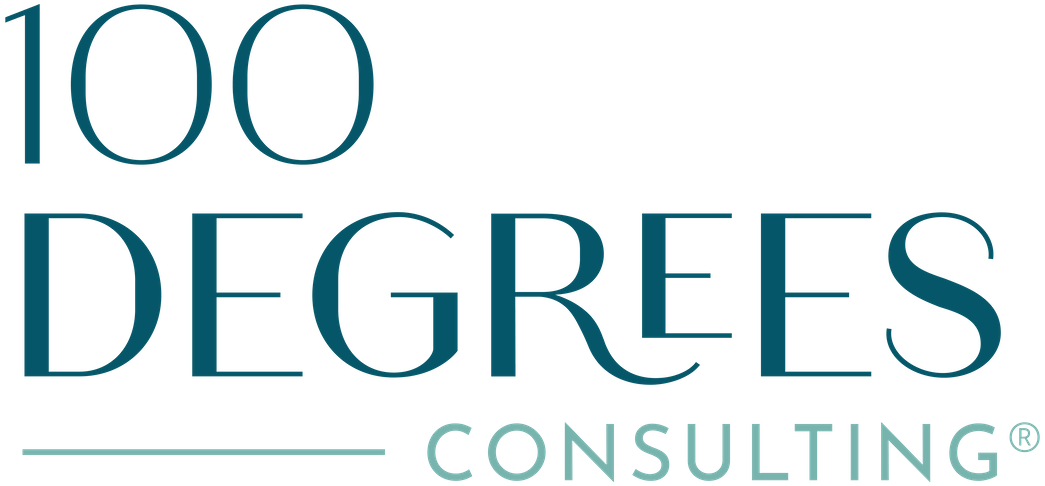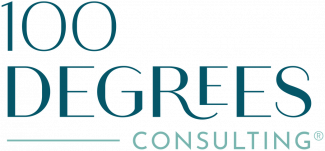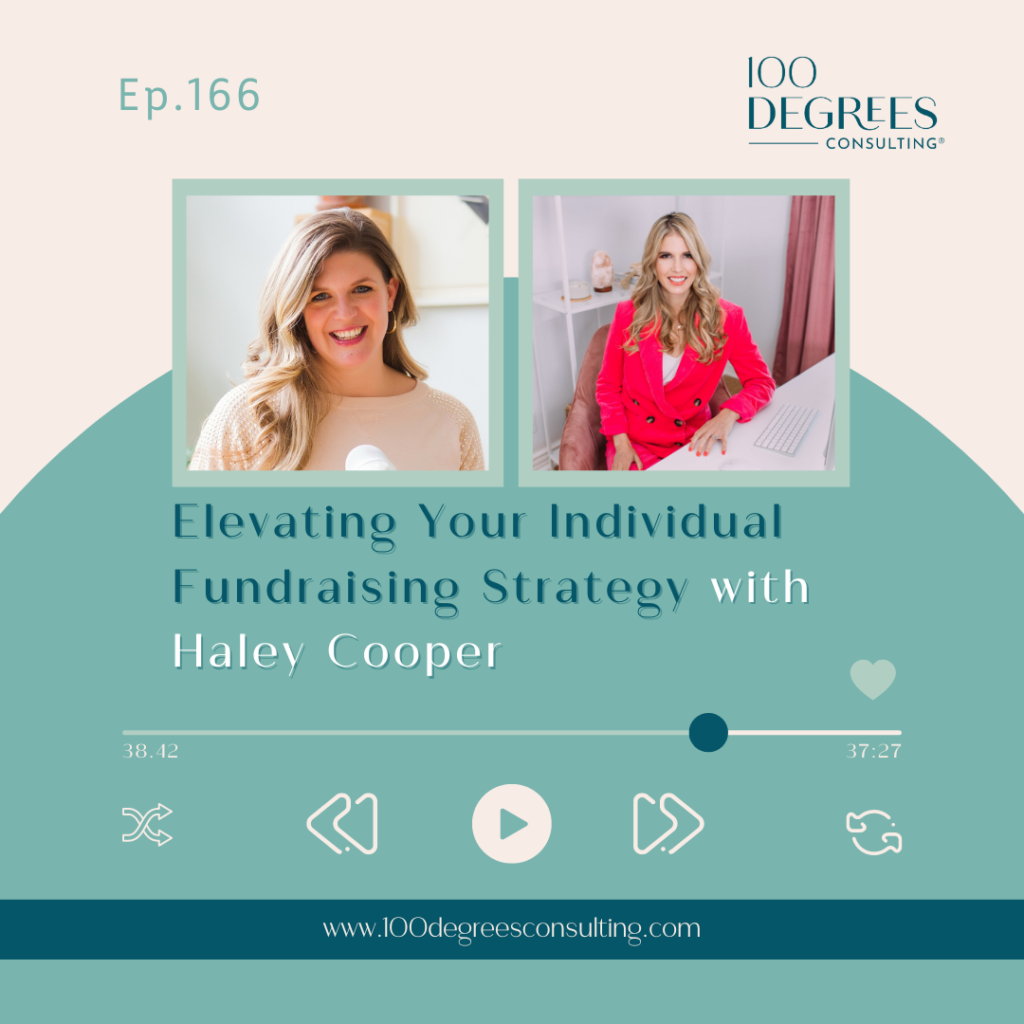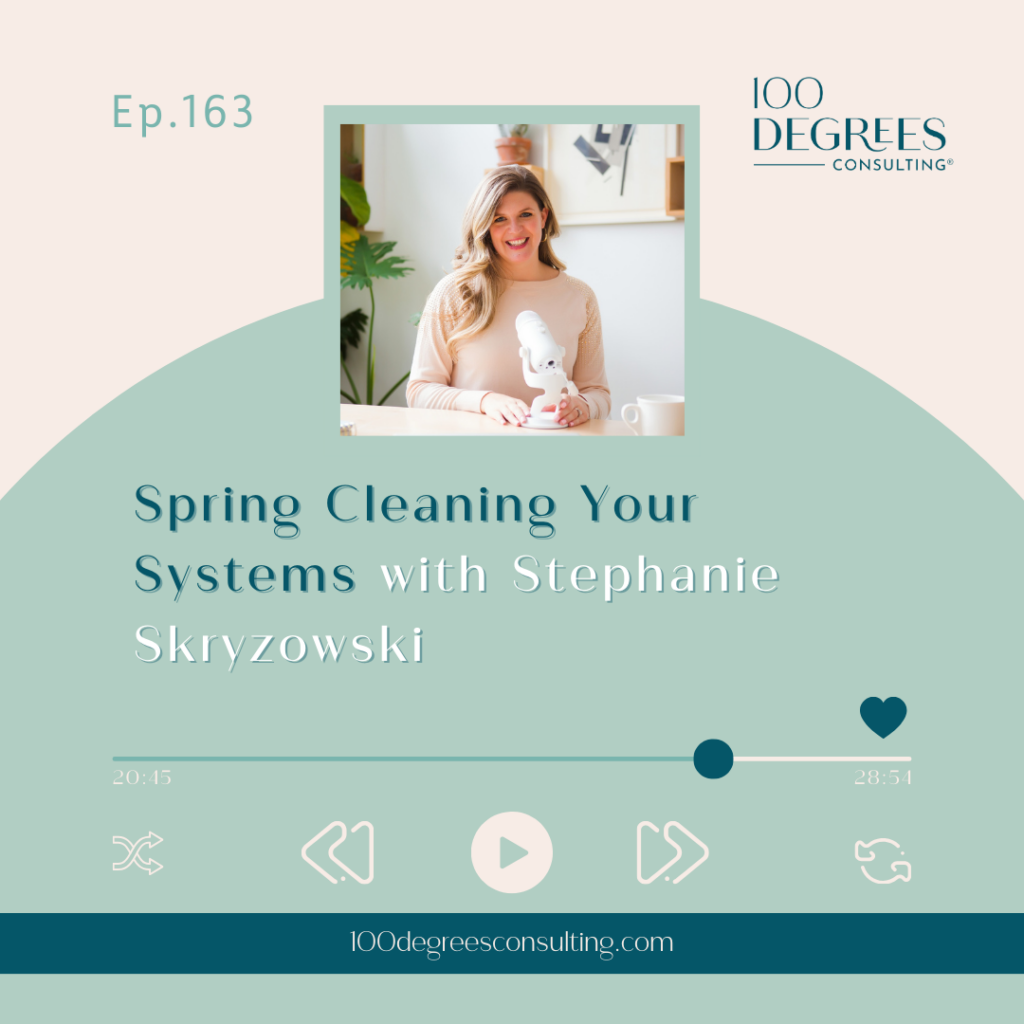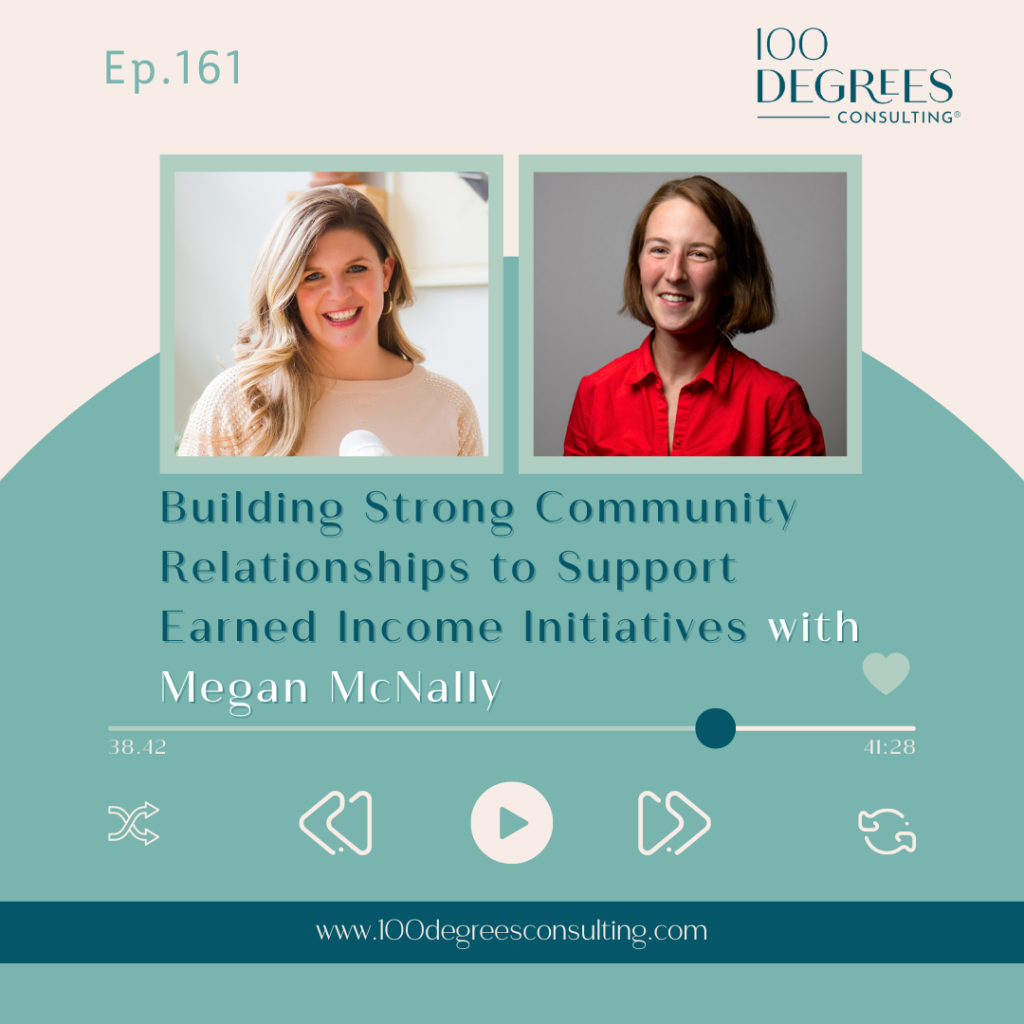
Guest Blogger, Matt Hugg
What if I told you that you have a tool, literally right at your fingertips, that can boost your nonprofit team by educating them and delivering your mission better than ever before? In short, make them the team you knew you could have, but never knew how to do it.
Yes, it’s your computer (like you didn’t guess?), but it’s what your computer can do for you— by being the pipeline to a world of nonprofit education.
In his book, Drive: The Surprising Truth About What Motivates Us, Daniel Pink lays out three essentials for motivation in the workplace: autonomy, mastery and purpose. For me, Pink spoke directly to nonprofits and their potential for inspiring work environments. But what exactly did he mean by those three characteristics, and how can that help your nonprofit? Let’s walk through each one.
Autonomy
People thrive in work environments where they have control over what they do. Even a little control makes a huge difference! The best nonprofits I know are all about staff autonomy – not because they had some insight, but because they have no choice. Nonprofits are well known for being “lean” (maybe you read that as “short staffed”?). There’s not a lot of time for command and control management. You need to trust the staff with independence in their work, because you don’t have time to micromanage.
Mastery
Mastery is learning. If someone is exposed to new methods, or better yet, can create their own methods that they can share with others, they thrive. Informally, this can work well in a nonprofit, where the need for autonomy fosters the need for mastery. But at some point, mastery can be frustrating without formal guidance, which can lead to burnout. We’ll talk about that later.
Purpose
When talking about Pink and his theory with anyone who will listen, I point out that nonprofits own purpose! More than businesses, and even government organizations, nonprofits are founded on making a difference for someone else – and that’s the definition of purpose.
I’m struck by some of the people I meet working in big corporations who do well-paid work. They long for purpose in their work life! Sometimes that’s why they volunteer. Some have even said they’d take a pay cut to have some “purpose.” That speaks volumes to the importance of nonprofit work, sometimes even more to your own team than to the clients you serve.
So, let’s circle back to mastery. Like I said, informally, nonprofit staff have a lot of experience in mastery, especially early in a staff or volunteer’s career. A new social worker or fundraiser can figure out how to approach a client or donor and get the basics of the job done. This is often based on trial and error at first, then by learning from their own successes and failure. Enough successes and they keep their job. Too many failures, and they’re out.
One great way to promote constant education and mastery of career skills is by encouraging your staff to learn from each other. If you paired that newbie with an experienced staff member who shares their experience, the new one would get some great insight and the experienced one would learn more too (nothing teaches you like teaching someone else). It’s a real win-win situation.
So, what’s a computer have to do with this? Everything.
Computers multiply. No, not just numbers, but you and your ability to communicate. Just think of that email you sent to your five board members. You didn’t need to write five different emails. You just sent one message to five individuals simultaneously. Job done!
What if you could do the same by multiplying an experienced staff member’s knowledge? Or tapping into an international expert’s knowledge on the same subject?
Either could be a real game changer, making your program more efficient with time, money, and service delivery.
But how?
Well, you have a couple of options.
You can create your own content.
This is easier than you’d imagine. It doesn’t need to be commercial-grade quality. A desktop video camera, a nice background (or but an inexpensive backdrop from eBay or Amazon) and a microphone (even one embedded in the camera) will get you started. Sign up for a program like Screencast-o-matic or Zoom, and just start talking. It helps a lot to first outline what you’re going to say, but if you’ve done a PowerPoint presentation, you can do this just about as easily.
As you might imagine, creating your own content gives your staff exactly what you think they need. Plus, it can be a great team building and professional development exercise. Even your newest staff person or volunteer can participate by contributing their thoughts as someone new to the field. The most experienced staff can be “editorial directors,” making sure that the content is consistent with your nonprofit’s mission and values.
Good news? The DIY approach saves you money and can be great professional development in itself, but it will take time that could be better spent elsewhere. So what are your other options?
You can purchase content.
There’s some great content out there on just about any nonprofit topic. Of course, it won’t be specifically crafted to your organization, but there are a lot of other advantages. First, it saves time to buy your training resources “off the shelf.”
Second, and maybe most important, purchasing pre-made content allows you to stand on the shoulders of giants. Let’s say you buy training from a world-renowned expert on, say, accounting. By bringing everyone together in front of a big screen, the entire staff gets all of the best practices on the subject, and knows that everyone else did, too. Plus, the training keeps participants’ attention because it’s remarkably well produced.
After the whole thing, or better yet, after each section, you can have a staff discussion on what you saw and how it applies to your nonprofit. By gathering everyone together to brainstorm after their shared experience, you can push your mission forward in ways that nobody thought possible.
This is great, but why not send them to a conference or seminar? There are plenty of reasons – from the cost effectiveness and time efficiency of online learning to personal safety in this world of pandemics and more. But the biggest reason is the flexibility. Online learning can occur at any time, on any device, at any place, tailored exactly to what you need. Plus, you probably can’t afford to send everyone to the same conference to see the same sessions.
Maybe you find investing in online training for your nonprofit staff a little crazy. However, online learning has quickly become mainstream. Leveraging its potential to build teams is an effective choice for your budget, your time, and most important, your mission!
Matt Hugg is an author and instructor in nonprofit management in the US and abroad. He is president and founder of Nonprofit.Courses, an on-demand, eLearning educational resource for nonprofit leaders, staff, board members and volunteers, with hundreds of courses in nearly every aspect of nonprofit work.
He’s the author of The Guide to Nonprofit Consulting, and Philanders Family Values, Fun Scenarios for Practical Fundraising Education for Boards, Staff and Volunteers, and a contributing author to The Healthcare Nonprofit: Keys to Effective Management.
Over his 30-year career, Hugg has held positions at the Boy Scouts of America, Lebanon Valley College, the University of Cincinnati, Ursinus College, and the University of the Arts. In these positions, Matt raised thousands of gifts from individuals, foundations, corporations and government entities, and worked with hundreds of volunteers on boards and fundraising committees, in addition to his organizational leadership responsibilities.
Matt teaches fundraising, philanthropy, and marketing in graduate programs at Eastern University, the University of Pennsylvania, Juniata College and Thomas Edison State University via the web, and in-person in the United States, Africa, Asia and Europe, and is a popular conference speaker. He has a BS from Juniata College and an MA in Philanthropy and Development from St. Mary’s University of Minnesota. Mr. Hugg has served on the board of the Greater Philadelphia Chapter of the Association of Fundraising Professionals, the Nonprofit Career Network of Philadelphia and several nonprofits.

